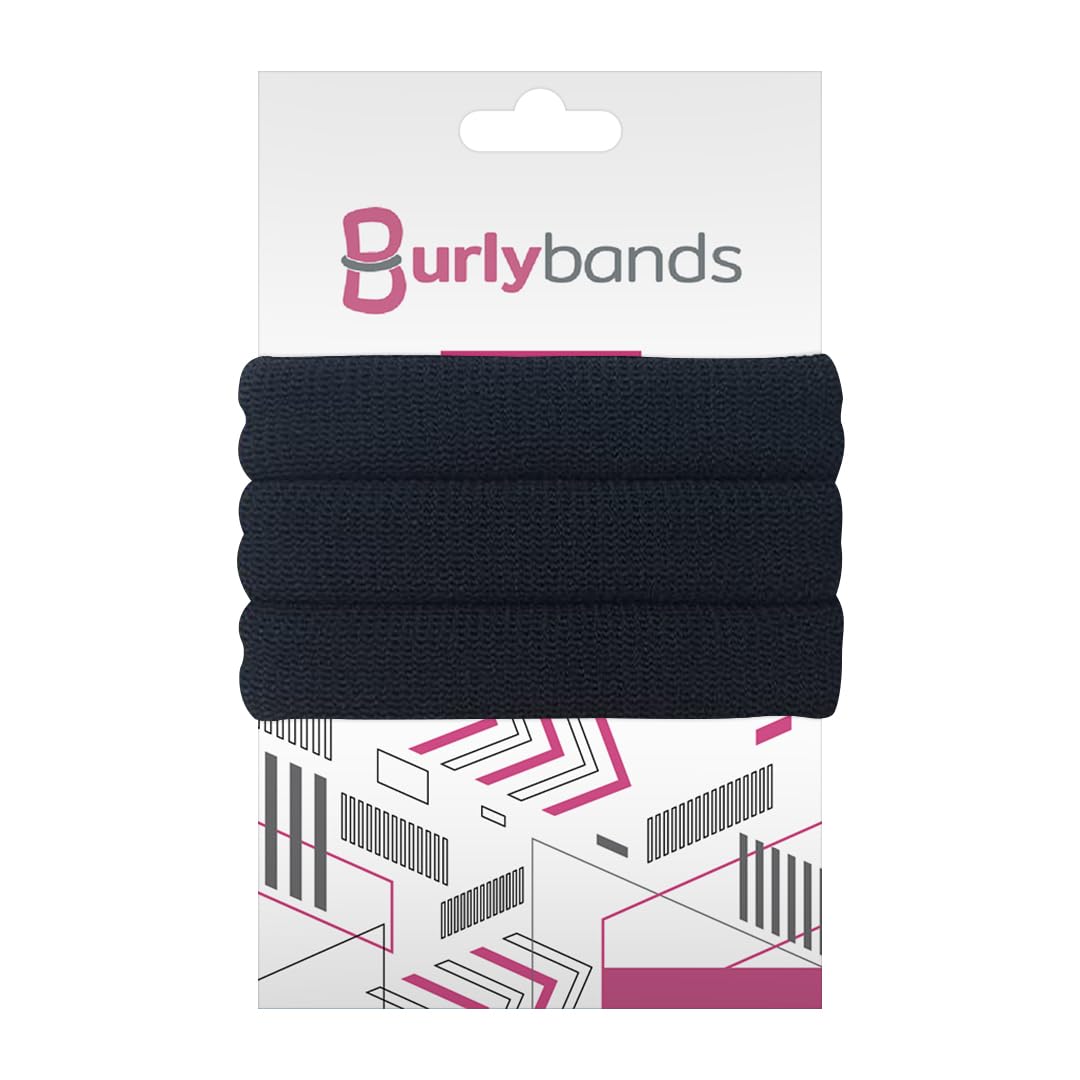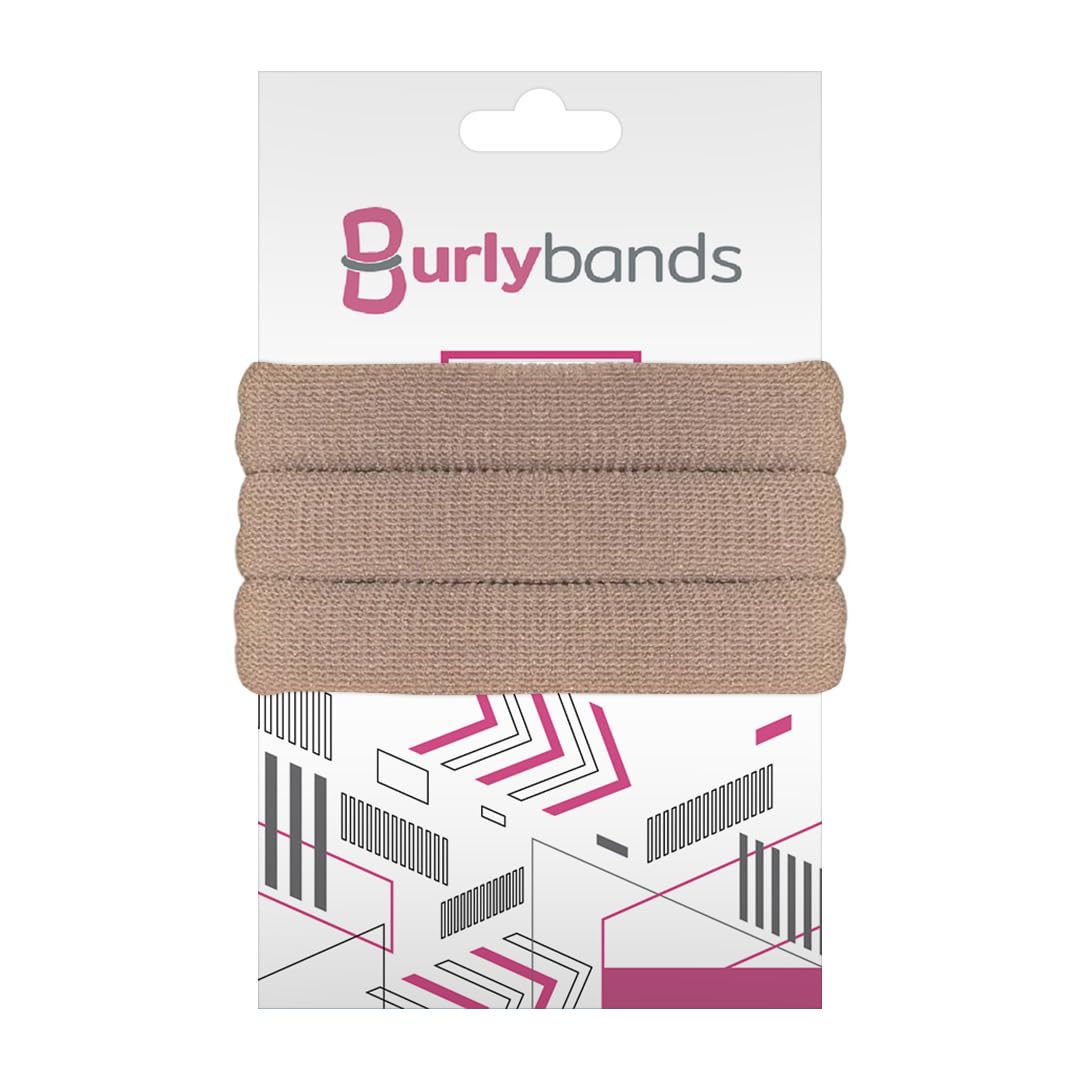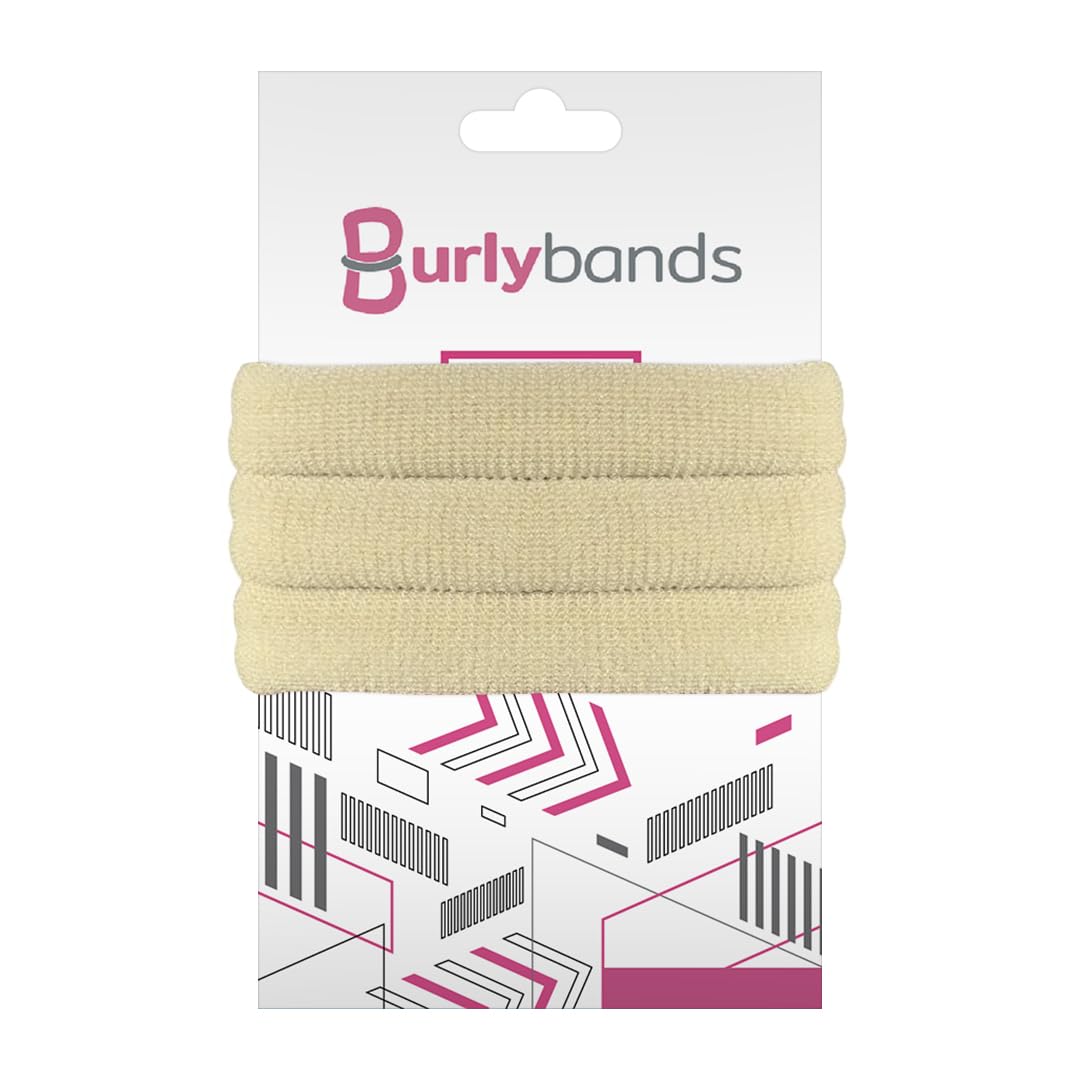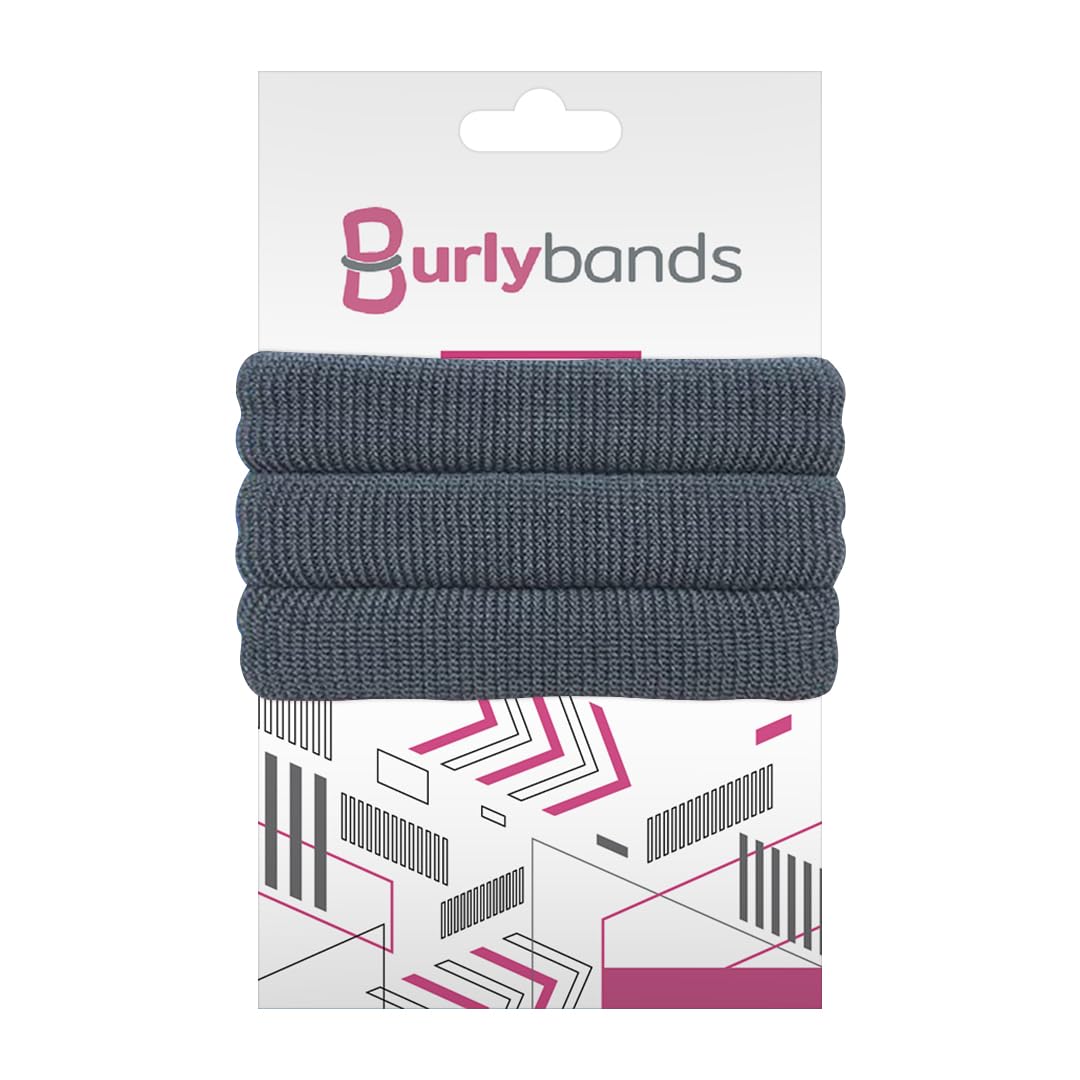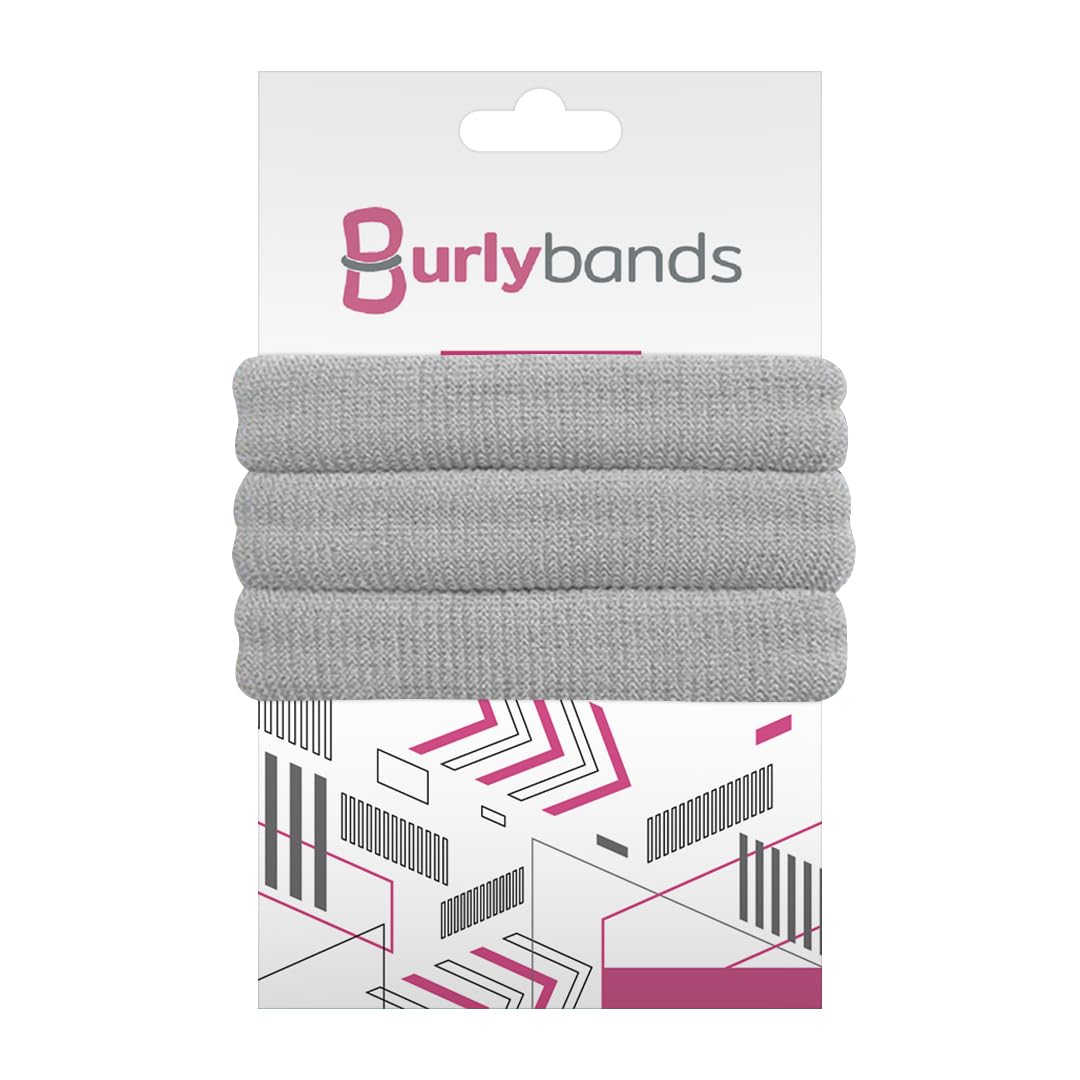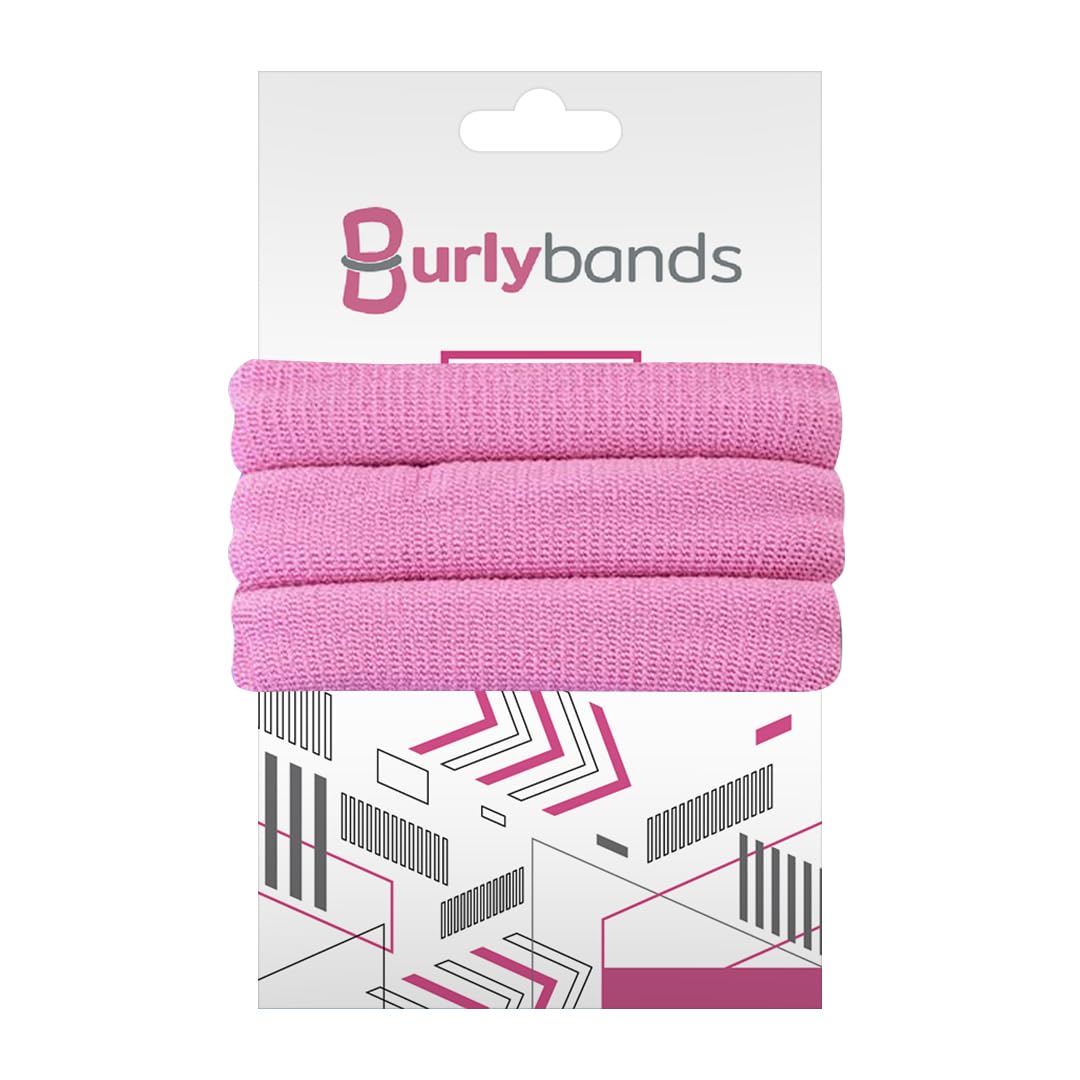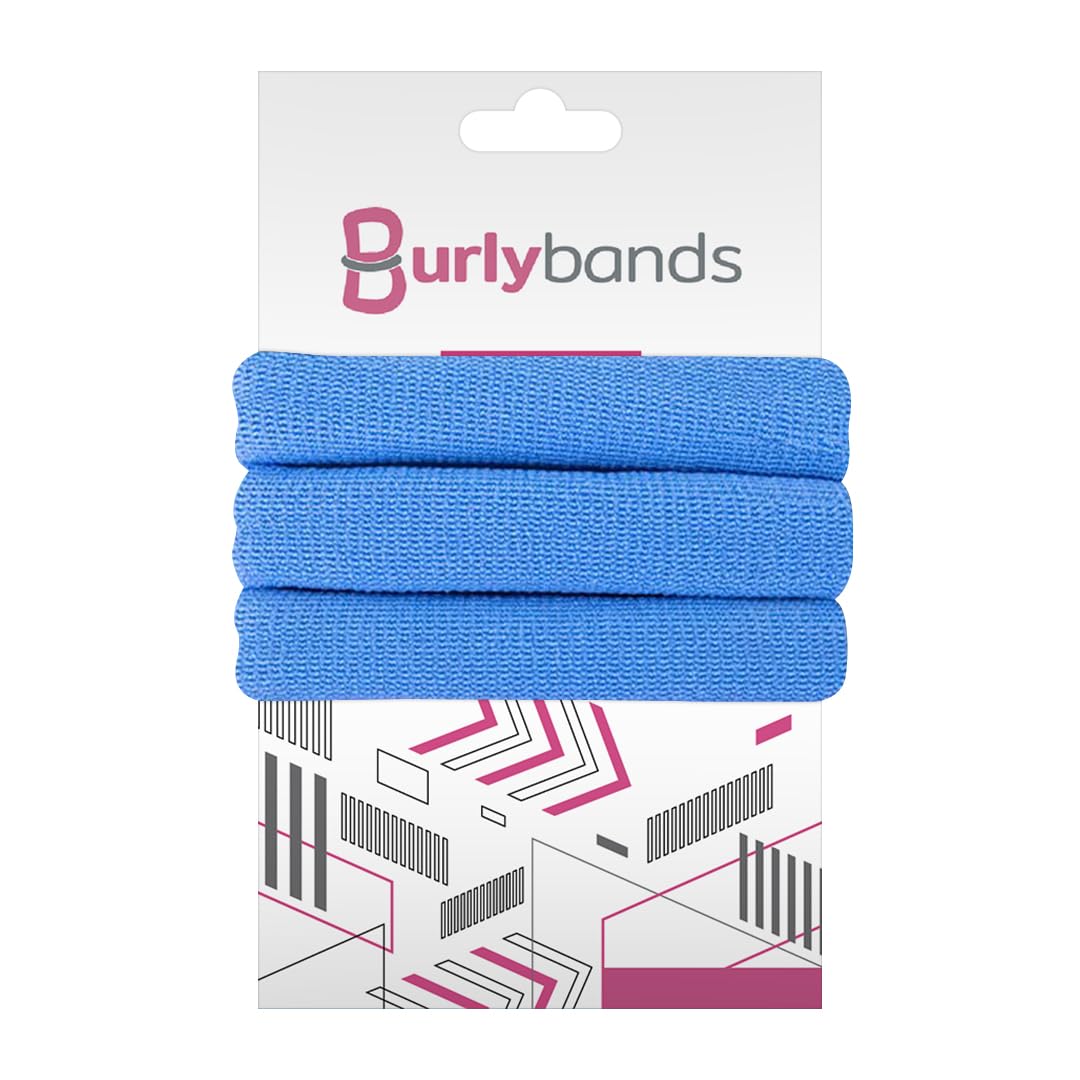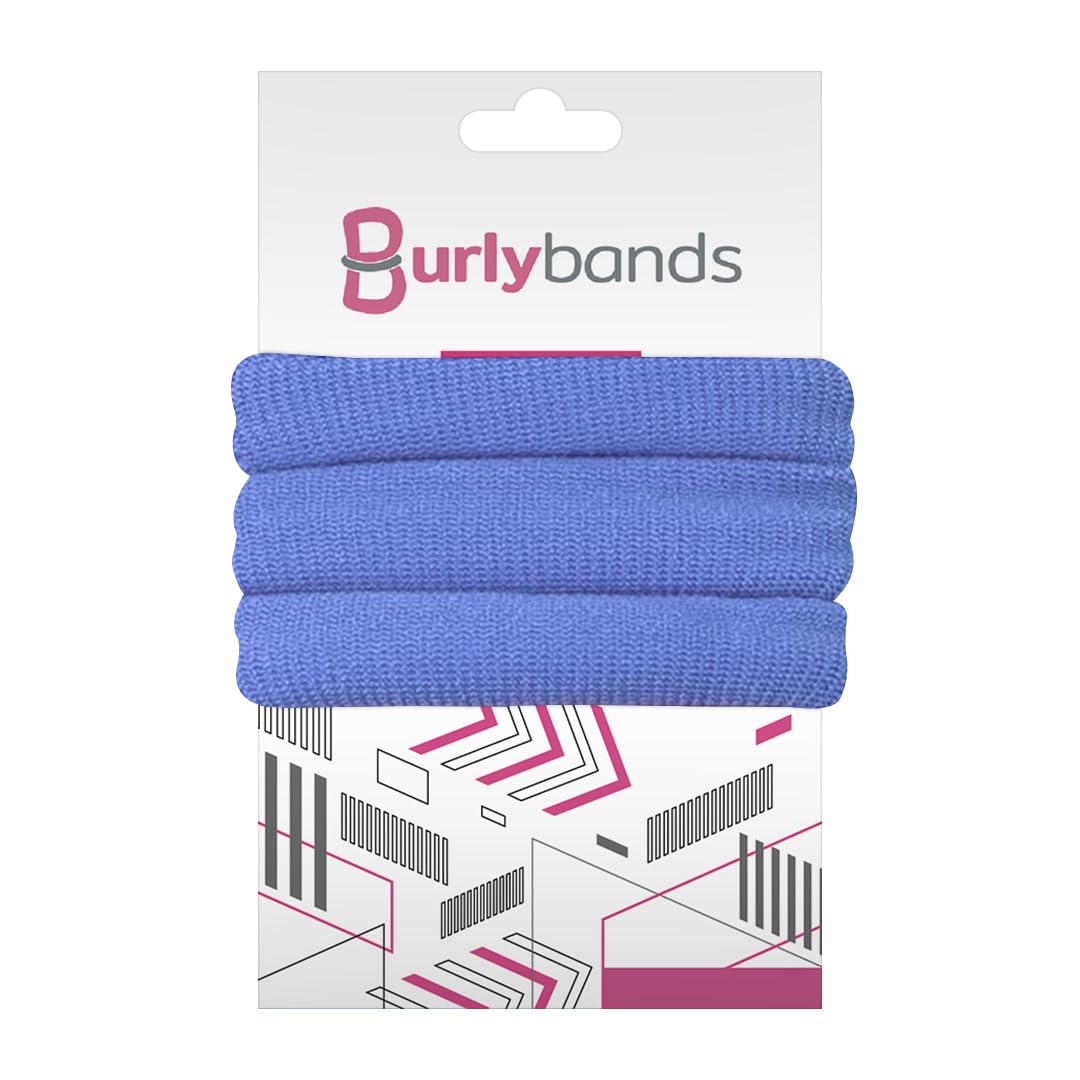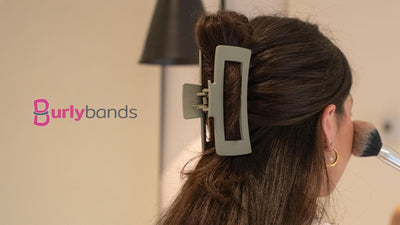Yes, hair ties can cause scalp tension and even lead to headaches and hair loss in areas where the hair is pulled tightly—this is known as tension alopecia. This usually happens when you use hair ties regularly or every day. The constant pulling puts stress on your hair, which can cause it to break. If this keeps happening, you might even start to see some balding. Here’s a guide to help you reverse the damage that scalp tension can cause.
Credit: Envato Elements/ YuriArcursPeopleImages
What Is Scalp Tension, and How Do Hair Ties Contribute to It?
Scalp tension happens when the muscles and skin on your scalp are constantly tight or strained. You might feel it as soreness, tenderness, or even a dull headache. It’s typically caused by tight hairstyles that are accompanied by tight hair ties. The tighter the style and the longer you wear it, the more damage it can do.
Signs Your Hair Tie Is Too Tight
Not sure if your hair tie is causing problems? Here are the signs to watch for:
-
Your scalp feels sore after removing the tie
-
You have visible indentations or marks where the tie was
-
You get headaches shortly after putting your hair up
-
You notice breakage or thinning near your temples, crown and at the bottom of your hairline where your neck is
-
You feel relief when you finally take your hair down
-
You get headaches, especially around your temples or the back of your head
-
You feel pulling or tension while your hair is tied up
Hairstyles That Can Worsen Scalp Tension
Some hairstyles put extra stress on your scalp, especially when worn often or too tightly. If you're dealing with scalp tension or hair loss, try to avoid these styles or at least wear them more loosely:
-
Box braids, cornrows, and tight French braids
-
Slicked-back styles
-
Extensions or weaves
How to Use Hair Ties Without Causing Scalp Tension
If you love tying your hair up but want to avoid scalp tension and breakage, here’s how to do it right:
-
Use only soft, stretchy hair ties like fabric-covered ties, coil bands, or scrunchies. Avoid rubber bands, anything with metal parts, plastic ties, or anything too narrow.
-
Avoid pulling your hair back as tight as possible.
-
If you’re looping your hair tie three or four times to get a strong hold, it’s probably too much. A maximum of two wraps is fine.
-
Don’t wear the same hairstyle every day. Alternate with loose braids, half-up styles, or just leave your hair down sometimes.
-
Give your hair a break and let your hair down whenever you can, especially at night. Sleeping with your hair tightly tied can cause overnight tension and breakage.
-
Avoid tying wet hair. Wet hair is more fragile. Let it air dry or towel dry first.
When to See a Dermatologist
If you have scalp pain, hair loss, or thinning that doesn’t go away after changing your hair habits, talk to a dermatologist. There may be underlying issues like:
-
Chronic tension leading to hair follicle damage
-
Early signs of traction alopecia
-
Scalp inflammation or sensitivity
Final Thoughts
Hair ties can definitely cause scalp tension if you're not careful—but the good news is, it's totally preventable. Just switch to softer hair ties, avoid pulling your hair too tight, and give your scalp a break when you can.
Need a better hair tie? Try Burlybands. They’re strong, soft, and made to hold your hair without the painful pull. Shop with us today.
 Log in
Log in



